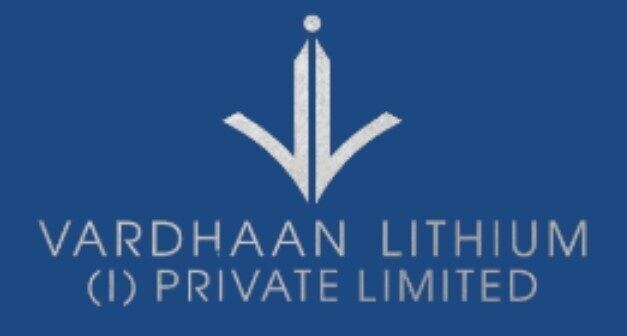
The world is experiencing a demand boom for next-generation battery technologies as it is moving towards electric vehicles (EVs), renewable energy storage, and high-performance consumer electronics. In this changing scenario, Maharashtra’s Lithium battery companies are making tremendous strides towards next-generation battery technologies. These companies are not only upgrading lithium-ion batteries but are also exploring other materials and energy storage technologies to increase efficiency and sustainability.
As industries adopt electrification, the limitations of conventional lithium-ion batteries, such as energy density, charging time, and lifecycle, have arisen. To address these challenges, Lithium battery manufacturers in Maharashtra are at the forefront of innovation with solid-state batteries, lithium-sulfur batteries, and sodium-ion batteries, which will revolutionize energy storage in 2025 and beyond.
Solid-state batteries offer higher energy density, improved safety, and faster charging compared to the traditional lithium-ion battery. Maharashtra-based lithium battery manufacturers are preparing for mass production of such advanced batteries for EVs and consumer electronics by heavily investing in R&D. With the substitution of liquid electrolyte with a solid-state equivalent, these batteries reduce the likelihood of heat generation during overcharge and extend the life of the battery.
The most hopeful technology of 2025 is lithium-sulfur (Li-S) battery technology. Unlike lithium-ion batteries that employ expensive nickel and cobalt, Li-S batteries employ sulfur and hence are cost-effective and eco-friendly. Some of the Lithium battery manufacturers in Maharashtra are already manufacturing Li-S prototypes with higher energy storage and reduced production costs.
With lithium resource availability issues, sodium-ion batteries are being looked at as a possible alternative. Sodium-ion batteries employ sodium, which is inexpensive and abundant, and are therefore an ideal option for grid storage and low-cost EV use. Leading Lithium battery producers in Maharashtra are experimenting with sodium-ion technology to develop energy-efficient solutions that can address the growing market demand.
The need for high-speed charging and high battery endurance has driven the innovation in battery management systems and electrode materials. Maharashtra-based manufacturers of lithium batteries are applying nanotechnology and artificial intelligence-based diagnostics of batteries to enhance the performance of future-generation batteries with regards to their durability and charging times to make them more reliable for regular use.
Sustainability is a primary issue for Lithium battery companies in Maharashtra in 2025. As concern over e-waste and carbon footprints increases, companies are adopting greener manufacturing processes and establishing robust battery recycling networks. Recycling technologies are helping to recover valuable materials like lithium, cobalt, and nickel, reducing raw material extraction’s reliance on them.
The year 2025 is going to witness a revolution in battery technology with Lithium battery companies in Maharashtra at the forefront of innovation in next-generation batteries. With the improvement of sustainable energy solutions through solid-state technology, all these innovations are going to change the manner in which energy is stored and used in various industries. The future of energy storage becomes brighter and more efficient ever as the companies keep innovating.